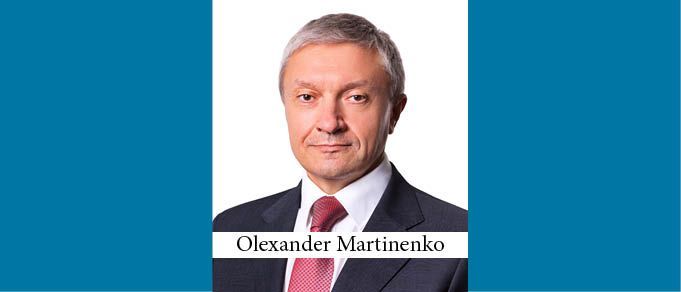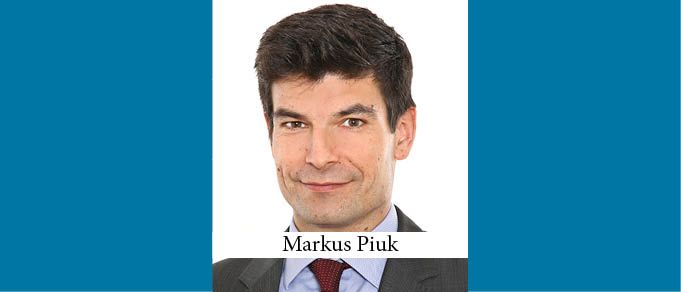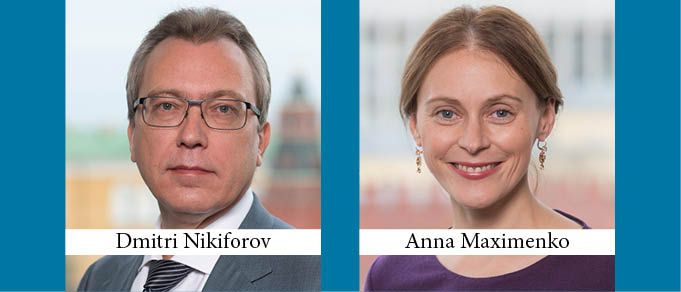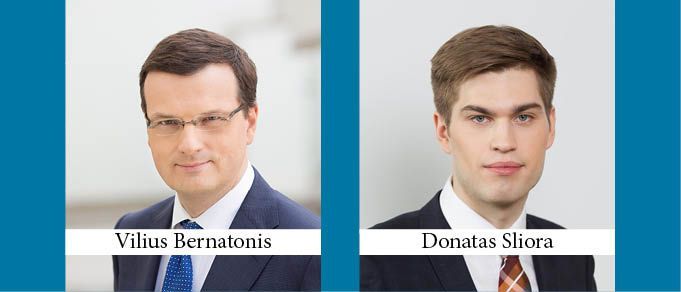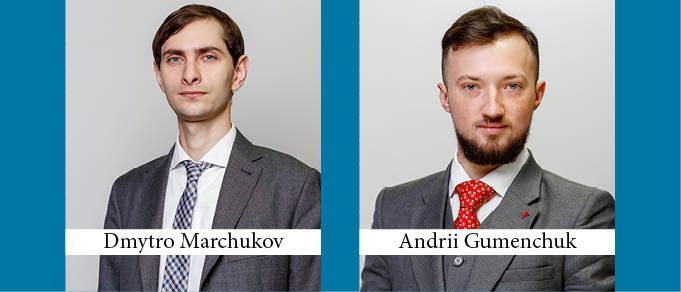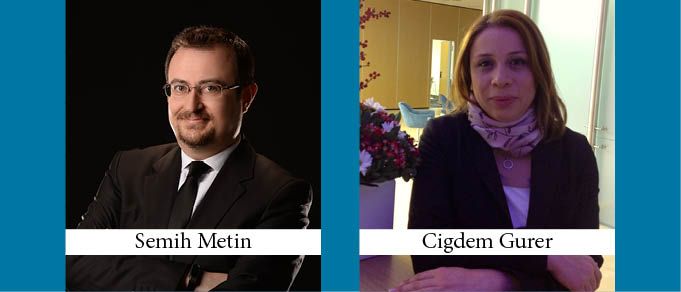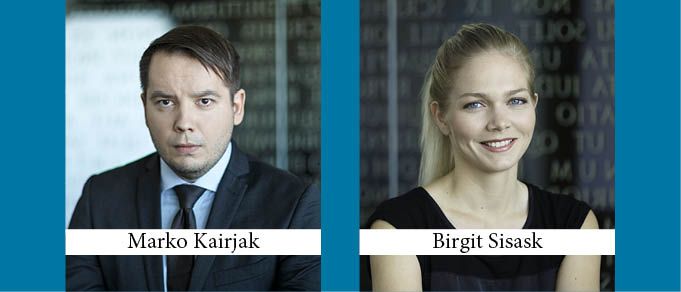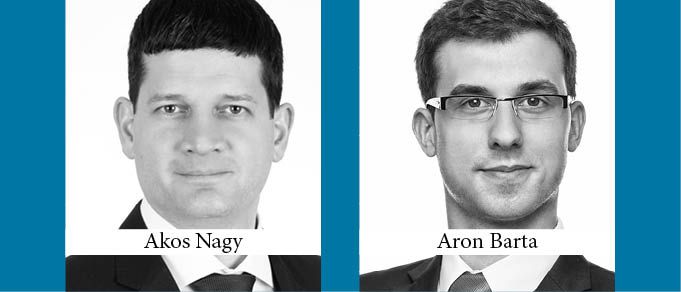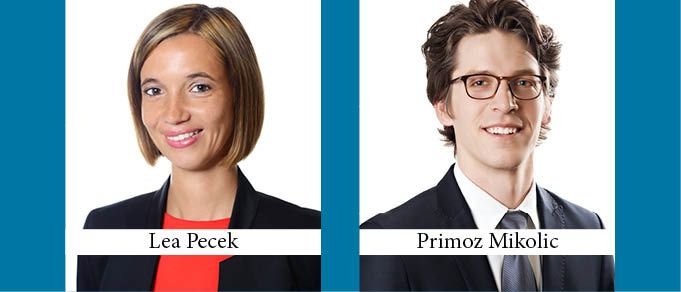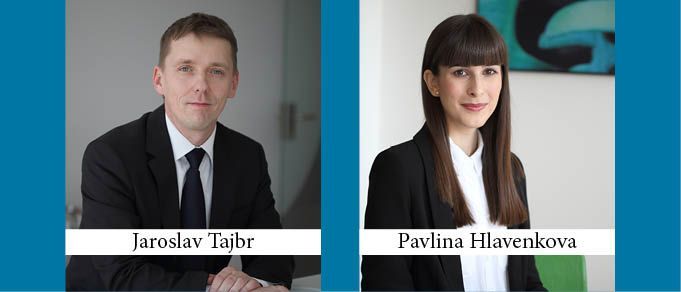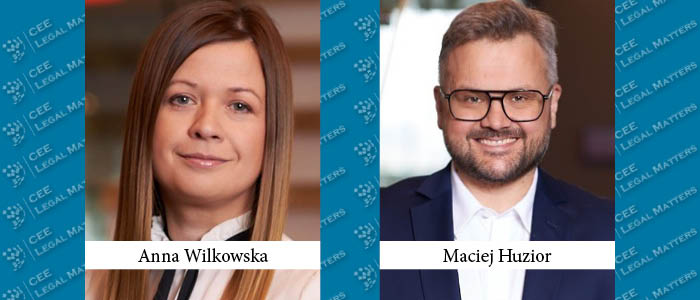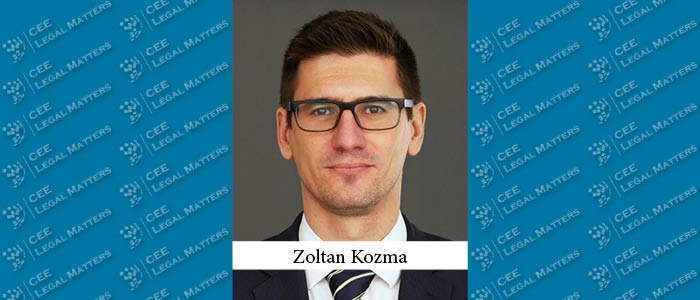On August 17, a gathering of Dispute Resolution experts from many of the leading domestic and international law firms in Ukraine gathered in Baker McKenzie’s Kyiv offices for a Round Table conversation.
Guest Editorial: The Burden of a Lawyer
For many in this world the legal profession is nothing but an appealing vocation. One has to work hard for several years to get a law degree/admission only then to obtain a lavish lifestyle and earn big bucks.
Inside Insight: Interview with Peter Paroczi of Harman International
Hungarian lawyer Peter Paroczi is the Director Counsel at Harman International, the US-based consumer electronics company. He joined Harman in Budapest earlier this year, after spending four years in private practice and then another seven in-house, first with Samsung Electronics, then at E.On. He agreed to answer some of our questions about his career.
The Good Fight: A Consideration of Hungarian Pro Bono Culture
Pro bono is a Latin phrase meaning “for the public good,” and, in the lawyering context, it refers to legal services provided free of charge, generally to indigent clients or charities or other public interest institutions unable to afford standard legal fees. The practice, which in its current form was developed first in Western legal markets, has seen a significant increase in recent years in CEE as well. Hungary is among the countries leading the way.
The Corner Office: Your Favorite Question
In The Corner Office we invite Managing Partners at law firms across the region to share information about their unique roles. The question this time around: What is your favorite question when interviewing a job applicant, and why?
Mastering the Law: A Walk Through an American LL.M. Program
A steadily increasing number of lawyers from Central and Eastern Europe travel overseas to obtain graduate degrees from prominent law schools in the United States and United Kingdom. To learn a bit about how a successful graduate program works we reached out to Polly Lawson, the Assistant Dean for Graduate Studies at the top-tier University of Virginia School of Law in Charlottesville, Virginia.
Guest Editorial: Big Wheel Keep on Turnin’
Traveling the region on legal business I sense a lot of buzz surrounding law firms in CEE. Headline transactions are numerous and deal-pipelines appear to be well-fueled. With the tailwind of news about solid economic growth in the European Union there are good chances that this trend will last. The future for law firms in the region looks brighter than ever. But there are also challenges ahead of us as the legal industry, in CEE as everywhere else, is headed for some turbulent times.
Editorial: How an Interview is Like a Madeleine
I received my law degree from the University of Virginia School of law, so you may not be surprised to learn that the interview I conducted with Polly Lawson, the Assistant Dean for Graduate Studies at that law school produced a flood of memories in me. What may be more surprising is how many of them are CEE-related.
Anti-Corruption Developments in Russia in the First Half of 2017
In 2016, Russian law enforcement authorities had some success in investigating and combatting bribery. For the first time in several years, the majority of cases involved bribe-taking, rather than bribe-giving, and involved significant bribe amounts. The number of cases against bribe-takers increased by 19.7% from 2015, while the number of cases against bribe-givers increased by only 4.4%. This trend continued in the first half of 2017; the Russian Ministry of Internal Affairs and law enforcement authorities registered 3,362 cases of bribery, of which 2015 cases concerned bribe-taking and 1,347 cases concerned bribe-giving.
Lithuania Continues its Fight Against Corruption and Money Laundering
Money laundering and corruption are closely related; therefore, they should be tackled systemically. Lithuania’s setting in these areas is rather ambiguous – it is ranked among the top performers when it comes to an anti-money laundering regime and its effectiveness, but it performs worse than EU average when it comes to the perception of corruption (Lithuania was ranked 38th in the Global Corruption Perceptions Index reported by Transparency International in 2016).
Combatting Corruption in Ukraine: International Context and Domestic Developments
Combatting corruption has been declared a primary goal in Ukraine following the Revolution of Dignity in 2014. Slowly, but steadily, Ukraine’s reputation as a country with a serious corruption problem is improving.
Applicability of Foreign Anti-Bribery and Corruption Legislation and Statutory Provisions in Turkey
Foreign investors willing to invest in Turkey and Turkish companies listed on foreign stock exchanges or which have a business relationship with foreign companies are under the obligation to comply with high-level international compliance requirements. As a result, these investors and Turkish companies are required to implement compliance programs which assist them and their employees to conduct transactions and actions in conformity with ethical principles, legislation, and regulatory provisions.
Latvia’s Fight Against Corruption
Latvia is gradually improving its score in the corruption perception index. According to the international anti-corruption organization Transparency International, Latvia took 44th place in the corruption perception index in 2016, with 57 out of 100 points – after scoring 55 in both 2015 and 2014 (it scored 53 points in 2013 and 49 in 2012). This represents Latvia’s best score so far, and it appears to be a sign that tolerance of corruption in our country is continuing to decrease. By contrast, Lithuania fell from 34th place in 2015 to 38th place in 2016 (with 59 points in 2016, compared to 61 in 2015), and Estonia moved up to 22nd in 2016 from 23rd the year before, though it had the same 70-point score both years.
FCPA and UK Anti-Money Laundering Act Compliance in Estonia
According to TRACE Matrix 2016 results, Estonia is the third least corruption prone country in the world, minimizing the risk of liability under anti-corruption regulations. To date, there is no case law under FCPA rules concerning Estonia. Nevertheless, the legal framework set by the FCPA gives rise to theoretical problems of definition which may hinder its enforcement.
Slaying Corruption – Or How Romania is Fighting Its Biggest Enemy
Since Romania’s accession to the European Union in 2007, the European Commission has set up a Cooperation and Verification Mechanism (CVM) in order to monitor, among other strategic points, the progress of Romania’s fight against corruption.
Cybercrime: The Road Begins
Each year hundreds of billions of dollars are lost by companies due to cybercrimes committed by criminals. These attacks vary from sophisticated hacking to primitive fraud attempts.
Anti-Money Laundering and Counter Financing of Terrorism Policy in Slovenia
Recent developments in the ongoing investigation into money transactions coming from Iran through one of the largest Slovenian banks have raised awareness about anti-money laundering and financing of terrorism rules in Slovenia.
Whistleblowing in the Czech Republic
Despite recommendations by international organizations, Czech legislation on whistleblowers is fragmentary and does not offer a complex legal regulation of the phenomenon, or even a definition of the term. The current protection of whistleblowers – i.e., employees or former employees of an organization who inform competent institutions of illegal or unethical practices in that organization – is only dealt with in the Czech Act on Banks, Act on Savings and Credit Co-operatives, Capital Market Undertakings Act, and Civil Service Act (or, more precisely, in the Government Decree implementing the Civil Service Act). Some vague protection of whistleblowers is also provided by the general provisions of the Labor Code and other regulations, which, however, do not specifically address the protection of whistleblowers as such. Currently, two acts are being discussed in the Czech Parliament aimed at providing higher labor-law protection of whistleblowers in both the private and public sectors.


